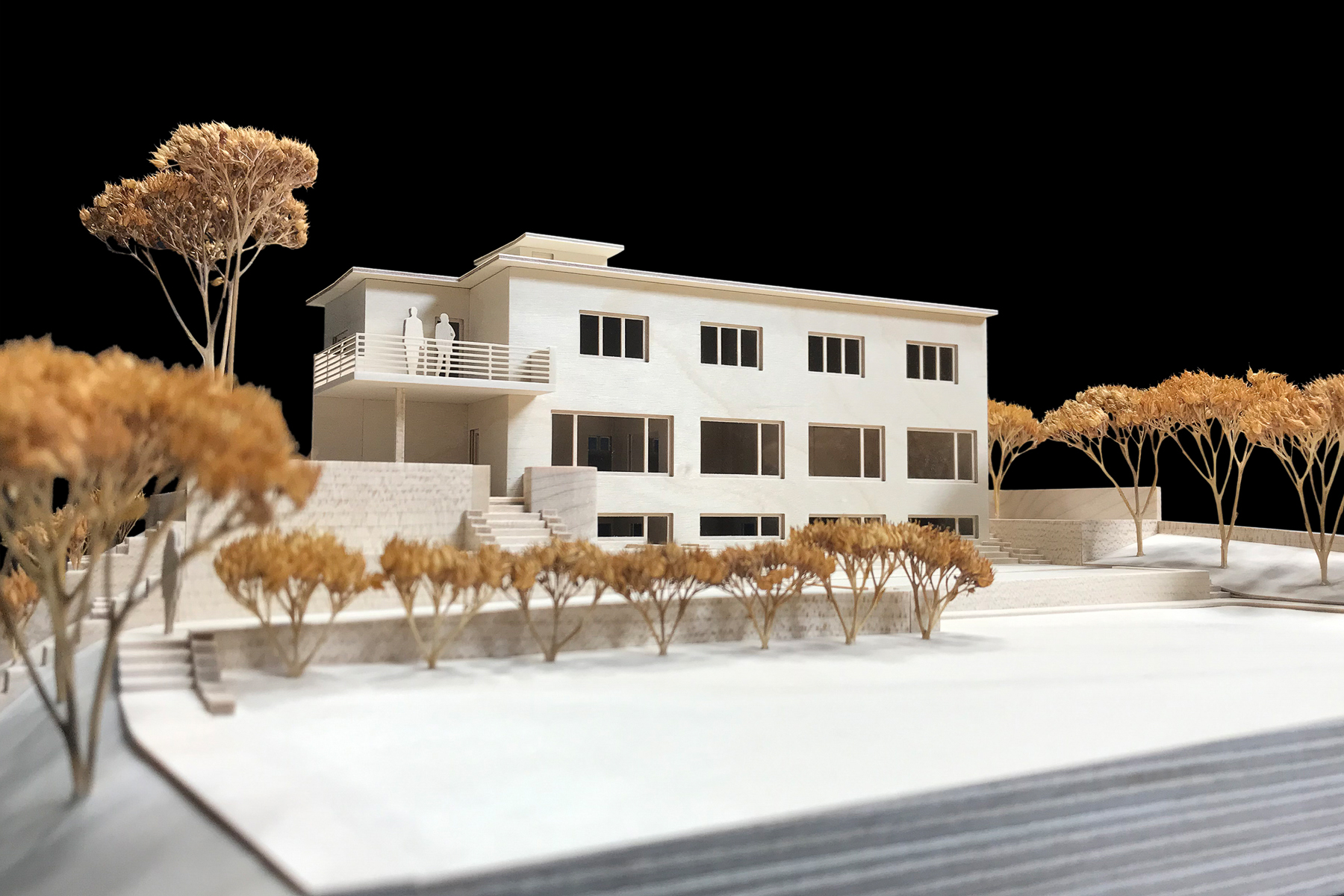Understanding the Real Estate Landscape in Monaco
Overview of Monaco’s Luxury Market
Monaco is synonymous with luxury and exclusivity, characterized by its stunning Mediterranean coastline, glamorous lifestyle, and a high concentration of wealth. As of 2023, Monaco boasts some of the highest real estate prices in the world, with a square meter in prime locations reaching upwards of €50,000. The market is driven by both local and international buyers seeking luxury real estate model Monaco such as villas, apartments, and penthouses. This appeal is partly due to favorable tax laws, including no property taxes, making Monaco a top choice for high-net-worth individuals (HNWIs)
Key Factors Driving Real Estate Demand
- Economic Stability: Monaco’s economy is robust, supported by sectors such as finance, tourism, and real estate development. This stability attracts investors looking for secure options.
- Global Appeal: The principality serves not only as a tax haven but also as a hub for yacht shows, the famous Grand Prix, and other international events, enhancing its desirability.
- Limited Space: The geographic constraints of Monaco mean limited land availability for development, keeping demand high for existing properties.
- High Net Worth Buyers: The continuous influx of wealthy individuals, including celebrities and business moguls, perpetuates the demand for luxurious housing, driving prices higher.
Investment Opportunities within the Market
The real estate market in Monaco offers various investment opportunities, from residential to commercial properties. Investors should consider:
1. Luxury Apartments: Investments in high-end apartment complexes often yield lucrative rental returns due to the demand from expatriates and seasonal tourists.
2. Commercial Real Estate: Monaco presents opportunities for acquiring commercial spaces that cater to businesses, especially in finance or tourism.
3. Renovation Projects: Older properties can often be purchased at a lower price and renovated to command a higher market value, particularly in sought-after areas.
Components of an Effective Real Estate Model
Essential Elements for Construction and Design
An effective real estate model in Monaco should integrate several critical components, including planning for luxury finishes, sustainability, and compliance with local regulations to maximize appeal and investment return.
- Architectural Aesthetic: Understanding the architectural style that appeals to the market is crucial, considering Monaco’s preference for modern yet tasteful designs.
- Space Optimization: Given the limited square footage available, effectively designing the interior to maximize utility while ensuring comfort and luxury is essential.
- Sustainability Considerations: Incorporating green technologies and sustainable materials can enhance the property’s appeal and comply with Monaco’s increasing focus on environmental sustainability.
Understanding Financial Metrics and Projections
A vital part of a real estate model includes thorough financial analysis. The following financial metrics are fundamental:
- Cap Rate: Calculated by dividing the property’s net operating income by its purchase price, the cap rate helps assess investment performance.
- Cash Flow Analysis: Detailing income against expenditures ensures accurate forecasting of profitability over time.
- Return on Investment (ROI): Evaluating potential gains against the initial investment aids investors in making informed decisions regarding long-term investments.
Conducting a Market Analysis: Key Techniques
Market analysis is crucial for developing a comprehensive real estate model. Key techniques include:
- Comparative Market Analysis (CMA): Analyzing recent sales data of similar properties can help gauge market prices and inform pricing strategies.
- SWOT Analysis: By assessing strengths, weaknesses, opportunities, and threats, investors can gain valuable insights into market positioning and strategic planning.
- Trend Analysis: Observing market trends over time assists in predicting future movements, which is vital for strategic investment planning.
Utilizing Monte Carlo Simulations in Real Estate
What is Monte Carlo Simulation?
Monte Carlo Simulation is a statistical technique used to model the probability of different outcomes in processes that cannot easily be predicted due to the intervention of random variables. In real estate, this technique helps investors understand the potential risks and returns associated with property investments.
Benefits of Using This Method in Real Estate Modeling
Implementing Monte Carlo simulations can yield several advantages:
- Risk Assessment: It allows for the visualization of risks and uncertainties by simulating a wide range of scenarios, providing deeper insight into potential market fluctuations.
- Decision Making: Investors can make more informed decisions by quantifying potential returns and losses through detailed scenario analysis.
- Improved Financial Forecasting: The ability to model variability can enhance the accuracy of financial projections, aiding in setting realistic expectations for investment performance.
Practical Steps to Implementing Simulations
Implementing Monte Carlo simulations into a real estate investment strategy involves several steps:
- Data Collection: Gather historical data on property values, rental income, and market trends to input into the model.
- Model Development: Develop a robust model that reflects various financial metrics, pricing scenarios, and market conditions.
- Run Simulations: Execute multiple simulations to produce a range of potential investment outcomes based on variations in key variables.
- Analyze Results: Review the simulation output to assess the range of potential risks and returns, informing future investment strategies.
Challenges in Real Estate Modeling in Monaco
Regulatory and Legal Considerations
Investors in Monaco must navigate a complex regulatory environment, including property ownership laws, zoning regulations, and residency requirements.
Foreigners can purchase real estate in Monaco, but some limitations apply, especially regarding properties near the Prince’s residence. Understanding these regulations is vital for any successful investment.
Market Fluctuations and Their Impact
The Monaco property market can experience significant fluctuations, influenced by global economic conditions, geopolitical factors, and localized events such as the Grand Prix. Monitoring these variables is crucial to adapting investment strategies accordingly.
Common Pitfalls to Avoid
Investors can sidestep common mistakes by being aware of:
- Overvaluing Properties: Comprehensive market research and comparative analysis can mitigate the risk of overpaying for real estate.
- Ignoring Maintenance Costs: When forecasting potential returns, always account for ongoing maintenance and unforeseen expenses.
- Underestimating Market Dynamics: Stay updated on local economic trends and shifts in buyer preferences, which can dramatically affect property values.
Future Trends in Monaco’s Real Estate Sector
Emerging Technologies and Innovations
Monaco’s real estate market is set to evolve with advancements in technology. Innovations such as virtual reality showings and AI-driven investment analyses are changing how properties are marketed and sold, enhancing the buyer’s experience and streamlining the acquisition process.
Predictions for Market Growth and Development
Experts predict that Monaco’s real estate market will continue to flourish, with growth driven by increasing demand from international buyers and a recovering global economy. Expect to see shifts toward more sustainable building practices, reflecting global trends toward environmental responsiveness.
The Role of Sustainability in Modern Architecture
Sustainability is becoming an integral aspect of real estate development in Monaco. Properties that incorporate energy-efficient designs, renewable energy sources, and environmentally friendly materials not only appeal to eco-conscious buyers but also comply with evolving local regulations focused on sustainability.
In the context of investing in luxury real estate, understanding the intricacies of the Monaco market is crucial. The integration of tools like real estate model Monaco alongside a strategic approach toward financial forecasting and risk management can significantly enhance the likelihood of achieving successful investment outcomes.



